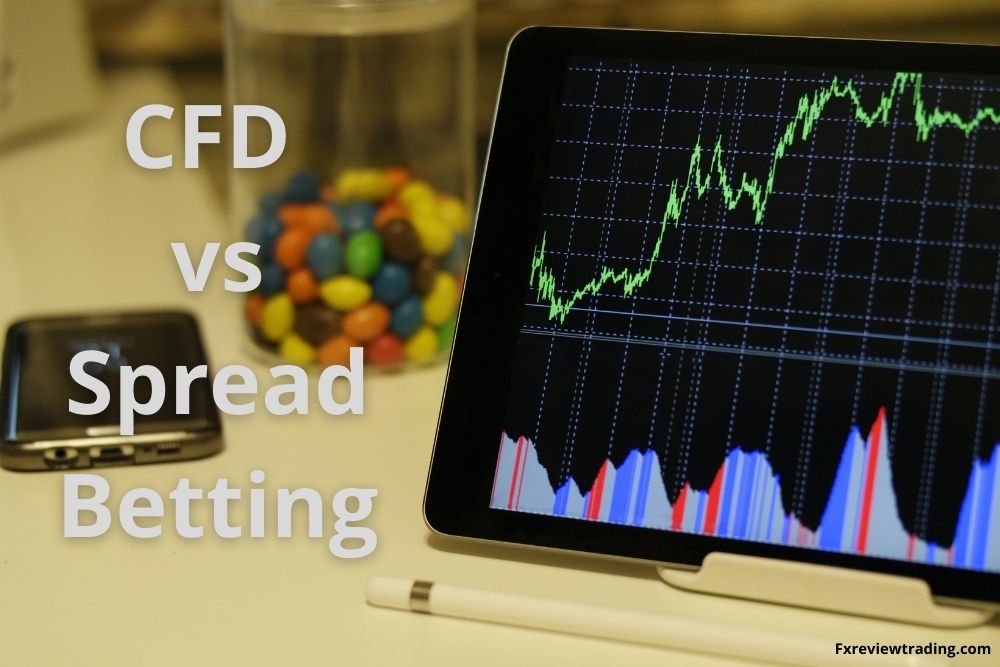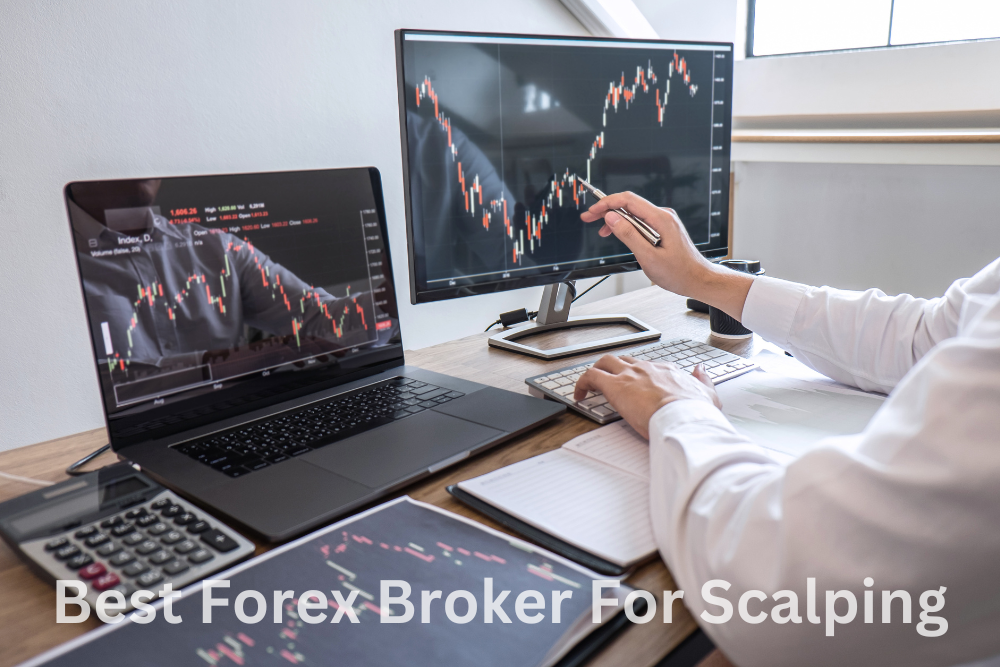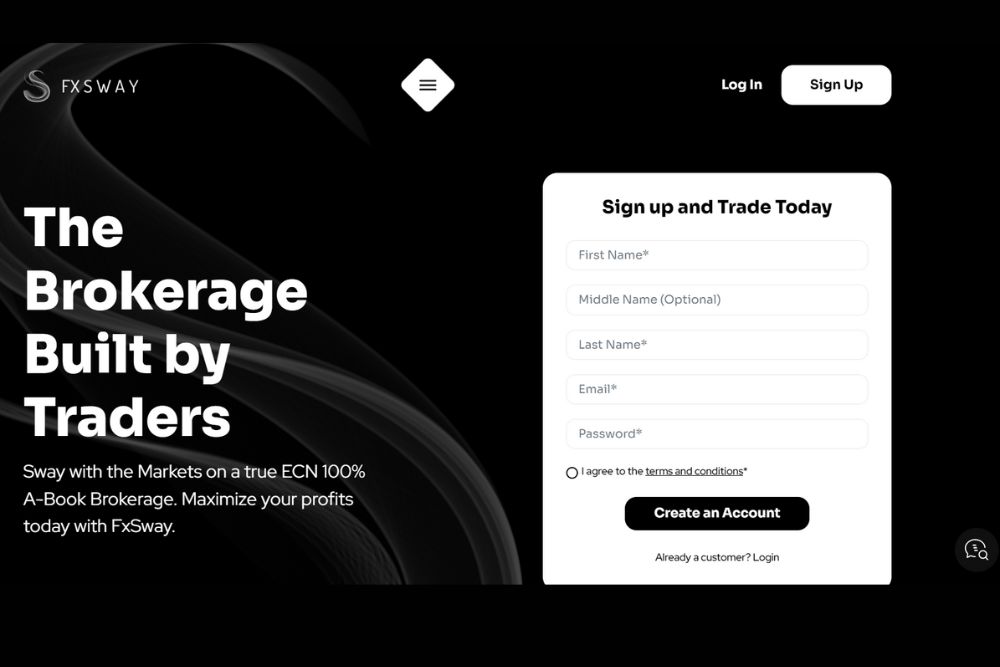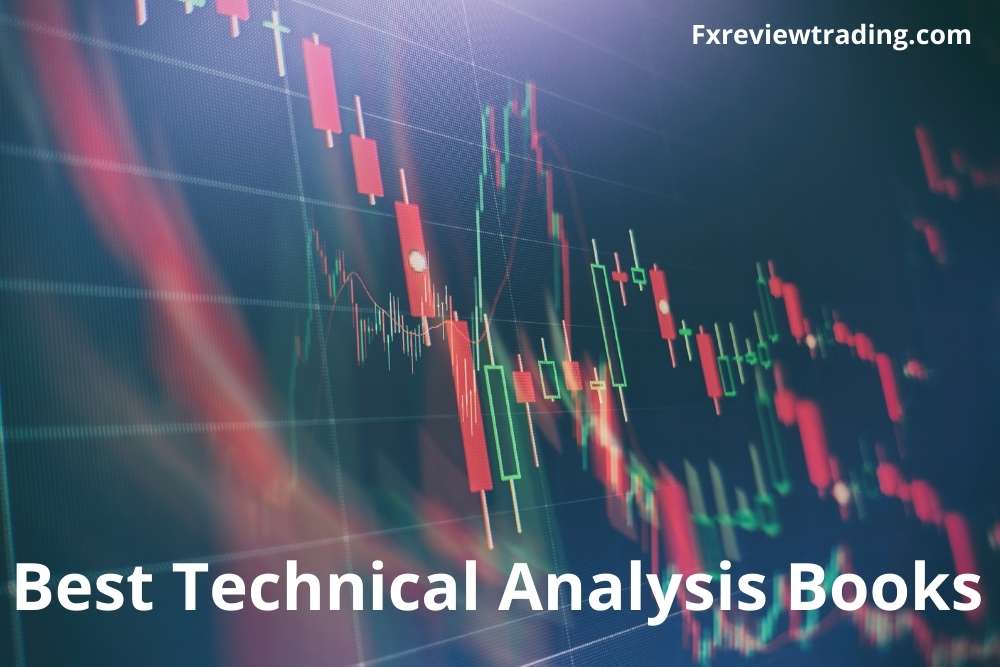CFD vs Spread betting is a comparison and overall view of what these two trading instruments are. Helping readers understand their differences and similarities to make profitable trading.
Traders are mostly confused between the terms as they are closely related. But, they have many differences that make their trading possible. So, let’s analyze the differences and have a smooth trading experience with CFD and spread betting.
Differences between CFD vs Spread Betting
- When a spread bet is placed, it has a set expiration date, whereas CFD contracts do not. Similarly, spread betting can be done through a broker over the counter (OTC), whereas CFD trades are executed directly in the market. By providing transparency and the ease of making electronic trades, direct market access eliminates several market difficulties.
- Apart from margins, trading CFD requires the investors to pay the provider commissions and transaction costs; spread betting businesses, on the other hand, do not charge fees or any commission. The investor owes money to the trading company or owed money during the contract is closed and gains or losses occurred.
- CFD traders will profit from the closing position and less from the opening position and expenses if profits are made. Spread bet profits are calculated by multiplying the difference measured in basis points by the dollar amount stipulated in the first bet. In the case of a long position contract, dividend payouts apply to both CFDs and spread bets.
- While there is an absence of direct ownership of an asset, if the underlying asset performs well, a broker and spread betting firm would pay dividends. When earnings from CFD transactions are realized, the investors are subjected to capital gains tax, but profits from spread betting are tax-free.
Similarities CFDs vs Spread betting
- The investor does not own any assets in the underlying market in these trades. Instead, CFDs and spread bets both are derivative products that are leveraged with an underlying asset as their source of value. You gamble on whether the underlying asset value will increase or decrease in the future when you trade contracts for differences (CFDs).
- Underlying asset prices help CFD providers in negotiating contracts with the options of both short and long positions. Short positions are taken with the hope that the asset’s value would fall, while long positions are taken with the idea that the underlying asset’s value will rise. In both instances, the investor anticipates profiting from the difference between the opening price and closing price.
- On the other hand, the spread is the difference between the sell and buy prices given by a spread betting organization. The asset’s underlying movement is tracked under points that give you the option to buy a long position or a short position.
Margins
Investors might expect higher margin rates for more volatile assets and lower margin rates for less risky assets. In the cases, of trading CFD vs spread betting, initial margins can fulfill the requirement of a preliminary deposit.
The margin typically has a range of the value of 0.5% to 10% of the open positions. Thus, despite the fact that CFD traders and spread bettors contribute only a small percentage of the asset’s value, they will be exposed to the same gains or losses just as if they had paid the absolute value.
CFD brokers or spread betting organizations can, however, contact the client at a date that is overdue for a second margin payment in both investing schemes.
Potential earnings by trading CFD vs spread betting may be almost equal to the underlying financial market, but at the same time, there can be potential losses also.
One can place a stop-loss order prior to the start of a contract in both CFDs vs spread betting. When it comes to investing, it is impossible to escape risk. However, it is important for an investor to make strategic judgments in order to avoid significant losses.
A stop-loss is a price that can be predetermined, when hit, instantly closes the contract. Some CFD vs spread betting businesses charge a premium fee for confirmed stop-loss orders in order to ensure that contracts are closed.
Advantages of CFD vs Spread betting
Advantages of CFD Trading
Increase your capital with further Leverage
A margin is the amount of money you must put down as a deposit. While this reduces the cost of starting a trade, it might also increase your losses.
CFDs allow you to stretch your investment capital further because you only need to deposit a percentage of the complete value of your trade to create a position.
However, keep in mind that your ultimate profit or loss is determined by the total amount of your position, not by the margin.
Go long or short
If your observation is inaccurate and you lose, the loss is determined based on the overall size of your position. If your observation is correct, you will earn based on your total position, which may be greater than the initial cost of your margin.
This means that your losses could considerably outweigh the margin fee, so always trade within your means.
Copy-trading the underlying market
CFDs are designed in a way that traders can mimic trading the underlying market precisely. you can simply buy and sell CFDs just like any other underlying asset.
When you buy a certain amount of base currency in exchange for an equivalent amount of quote currency, you can clearly notice that buying and selling CFD is very similar to that.
Stamp duty will not apply to CFD trading. But these laws keep changing according to the different jurisdictions. They depend on individual circumstances.
Direct Market Access (DMA)
Professional traders can benefit from direct market access. You can go through order books while trading with the help of direct market access. Traders do not have to pay spreads while using DMA as they are charged on commission.
In addition, traders who want to place large volumes of transactions can also use DMA. Private traders use private equity funds that use technology infrastructure provided by investment banks to get Direct market access.
A Trader can purchase security through an online trading platform, then that order is recorded in a trading e-book, and information gets transferred through exchange servers.
Trader’s purchase price should match a seller’s price, then the order gets fulfilled when received by the stock exchange.
DMA is such a powerful tool but still, you cannot completely depend on it.
Advantages of spread betting
Increase your capital with further leverage
With just a little initial deposit known as the margin, you can have full exposure. It is critical to understand that your profit and loss are computed using the entire amount of your position, not simply the margin.
Because of leverage, spread betting allows you to stretch your money further.
This means that leveraged trading can multiply both your gains and your losses, and you could lose more than your initial amount. That is why you should never bet more than you can afford to lose, and you should always manage your risk.
Go long or short
When you spread bets, you can profit from markets that are falling in value as well as rising in value. This is due to the fact that you are betting on the direction in which the price of an asset will go rather than purchasing the item itself.
Trade without commission
You’ll get competitively low spreads across a wide range of marketplaces. Spread betting does not require commission because the cost of opening your position is paid by the spread of the difference between the buy and sell prices displayed on your platform.
But there could be overnight funding charges you have to pay once your position is open.
No stamp duty or tax on profits
Stamp duty will not apply to Spread betting. When you invest in shares, you need to pay capital gains tax, but spreads are exempt from it. And, because you do not own the underlying asset, you do not need to pay stamp duty either.
But these laws keep changing according to the different jurisdictions. They depend on individual circumstances.
There are more than 15,000 assets including forex, shares, indices, commodities, etc. where you trade with spread bets.
Final Words
CFD vs Spread betting caters to the differences between these derivative products. The two are highly leveraged and are quite suitable for the investors as per their trading needs.
The article has discussed the differences, similarities, and pros and cons of CFD vs Spread betting. This will guide readers to make decisions and invest in the most profitable one. Although not much different they certainly make a great part of investments.








